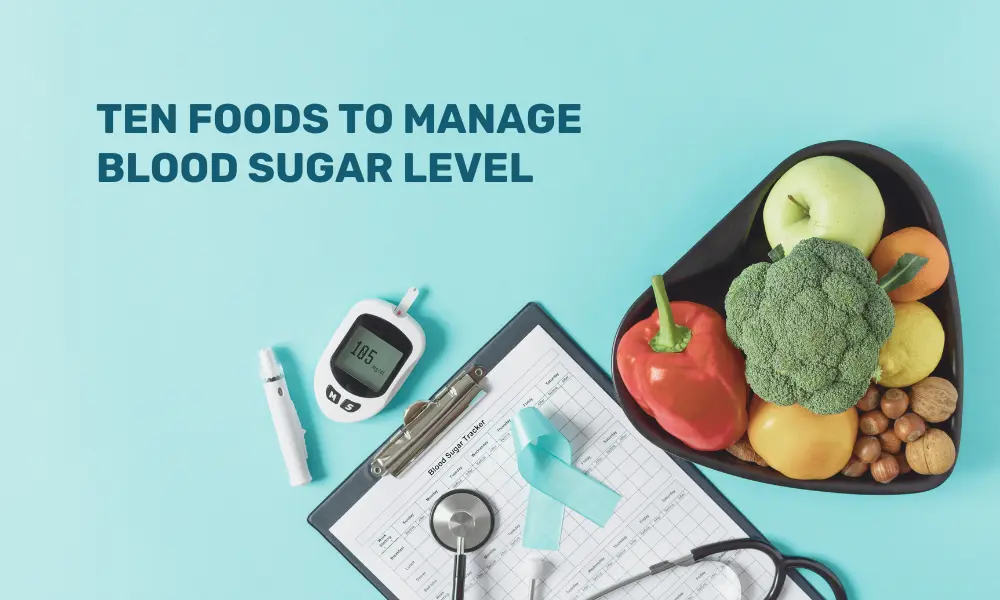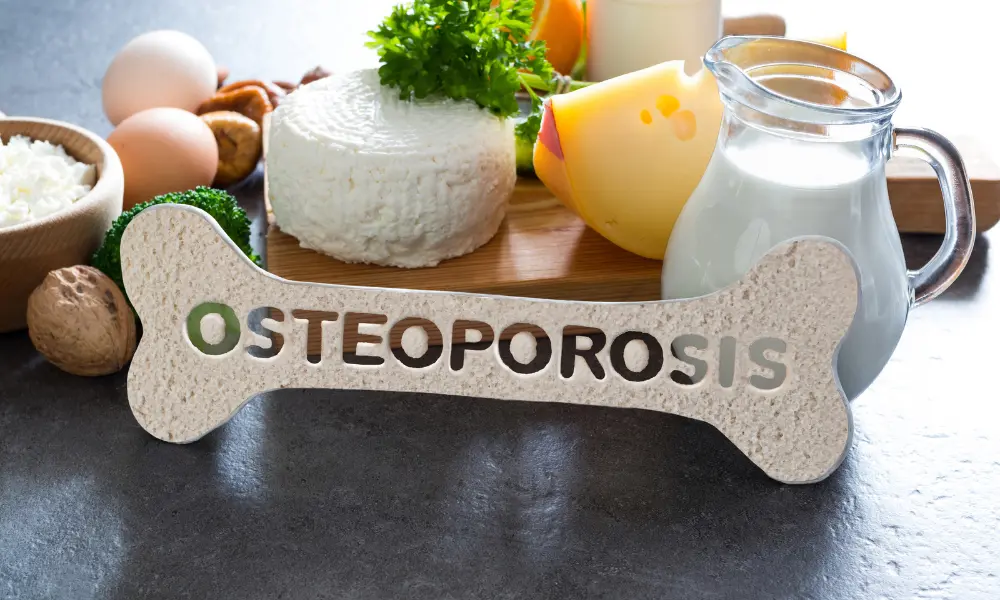Millions of people worldwide suffer from the ordinary and frequently incapacitating gastrointestinal ailment known as irritable bowel syndrome, or IBS.
It is characterized by a wide range of symptoms, including bloating, diarrhea, constipation, stomach pain, and abdominal discomfort. It can seriously lower the quality of life and make daily tasks more difficult. Although the exact origin of IBS is unknown, dietary decisions, stress, and hormonal changes can all affect the condition’s onset and severity.
Dietary methods play a major role in managing IBS symptoms since specific meals can either worsen or lessen symptoms. For those with IBS, a well-rounded diet plan should emphasize recognizing and avoiding trigger foods, regulating fibre intake, drinking enough water, and developing mindful eating practices.
Making informed food choices is essential to easing discomfort and enhancing general quality of life. Here are a few dietary recommendations for managing irritable bowel syndrome.
Frequent consumption of balanced meals: For those with IBS, eating frequent, well-balanced meals can help reduce symptoms and control digestion. Periodically, irregular eating schedules or missing meals can aggravate IBS symptoms, emphasizing the significance of maintaining regular eating routines.
Use of probiotics: Probiotics are good bacteria that help to balance the gut microbiota again. Some probiotic strains can help control IBS symptoms. Probiotics can be taken as supplements or naturally present in foods such as yogurt, kefir, and kombucha.
Increased fiber intake: Increasing dietary fiber intake might help some people with IBS feel better overall, especially regarding constipation management. Choosing meals high in soluble fiber, such as barley, oats, and other fruits and vegetables, can be beneficial. Finding the ideal balance is important, since some IBS sufferers may experience worsening symptoms from consuming too much fiber.
Adopting a low-FODMAP diet: The gut’s fermentation of certain carbohydrates, referred to as FODMAPs, may cause IBS symptoms. A low-FODMAP diet recommends avoiding foods high in carbohydrates, such as grains, dairy products, and some fruits and vegetables. This kind of diet is usually applied gradually and with the help of a medical practitioner.
Foods to avoid for people with irritable bowel syndrome
Cabbage: Cruciferous vegetables, such as cabbage, contain raffinose, a complex carbohydrate that can cause gas and bloating in certain people, particularly those with IBS. Steaming or boiling these veggies breaks down their complex sugars for simpler digestion. Making thoughtful dietary choices is crucial to controlling IBS symptoms and encouraging digestive wellness.
Raw onion: Cooking onions breaks down fructans, a carbohydrate that can ferment in the stomach and produce bloating and gas, especially in those with IBS.
Raw tomatoes: Tomatoes’ acidity may damage the digestive tract, which can cause pain, gas, and bloating—especially in people who have IBS or sensitive stomachs. One must prefer cooked or peeled tomatoes, which could be easier on the stomach.
Too many grains: For sensitive people, a diet high in grains, especially wheat, barley, and rye, may exacerbate the symptoms of IBS. Reducing or staying away from cereals that contain gluten may help manage symptoms.
Oily and spicy foods: Foods high in fat, such as fried and oily dishes, may hamper digestion and cause spasms in the intestines, making symptoms of IBS worse. Eating spicy food might also irritate the digestive tract, leading to discomfort and inflammation. Choosing lighter substitutes and reducing the amount of spice can help control symptoms.
Since dietary measures can help manage irritable bowel syndrome efficiently, one must ensure that the diet they take contains good fibre and probiotics. Consulting a professional dietitian or nutritionist can be helpful, as they provide tailor-made diets according to individuals’ requirements. Click here to consult a Dietitian.





